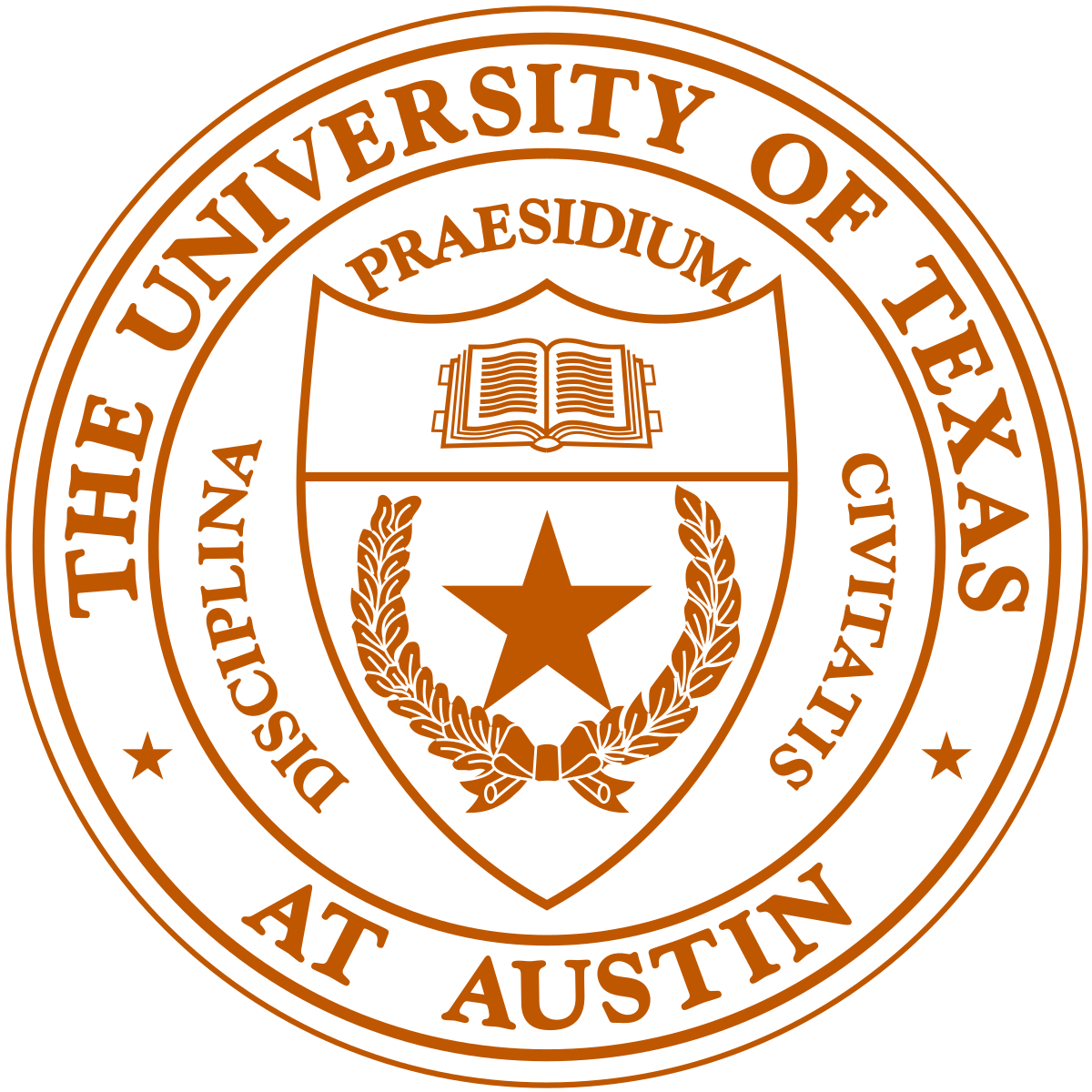University of Texas at Austin Launches The Patman Center for Civic and Political Engagement at LBJ School of Public Affairs
Civic and political engagement is getting another boost at The University of Texas at Austin thanks to a generous new gift that will expand opportunities for students to strengthen America’s democracy.
The LBJ School of Public Affairs is establishing The Patman Center for Civic and Political Engagement. The new center is made possible through a $10 million gift — the largest in the school’s history — from two married Texas Longhorns, U.S. Ambassador Carrin F. Patman (J.D. ’82) and James V. Derrick Jr. (B.A. ’67 and J.D. ’70). Inspired by the family’s legacy of contributions in public leadership, the student-centric Patman Center will build on their remarkable story of political engagement by leading transformational experiential learning and policy-oriented professional training with a focus on unifying different perspectives.
“Ambassador Patman and Mr. Derrick have a long history of supporting civic engagement going back decades at UT, and this historic investment is yet another example of their support,” said President Jay Hartzell. “Their generosity institutes a pathway for students to participate in constructive dialogue and positions them to integrate ideas from our classrooms into the broader national discourse. Along with our development of new academic programs and courses that emphasize civic leadership, The Patman Center helps position the LBJ School and UT at the forefront of training graduates to effectively solve society’s greatest challenges.”
The LBJ School is uniquely positioned to support the new center. Not only has the school produced thousands of alumni who hold positions of public leadership around the world, it also has two important locations: in the Texas state capital of Austin and in its satellite location in the nation’s capital.
“Instead of people working to find common ground, they are often digging in their heels, even when it’s just a discussion over the dinner table, and certainly when it’s in the political arena; there’s just not enough receptivity to a different point of view and to forging a compromise,” Patman said. “That difficulty in coming together is a real threat to our democracy. Helping students develop skills to effectively engage in our democracy can only strengthen it.”
“A crucial part of my role as a deal lawyer was to assist parties holding good-faith differing views on a set of issues to reach an agreement that sufficiently addressed their varying interests to enable the project to move forward successfully even though the agreement did not include everything that each party desired,” Derrick said. “My hope is that The Patman Center will provide students with the requisite skills to assist parties in the political sector to move forward together even though none of them has gotten everything it wanted.”
Their ties to UT are strong and deep. She is a past president of both The Texas Law Alumni Association and the Texas Law Review Association, a past trustee of The University of Texas Law School Foundation, a founding member of the UT School of Law’s Center for Women in the Law, and a recipient of the school’s Distinguished Alumna for Community Service Award.
Her mother, Carrin M. Patman (B.A. ’54), and father, William N. Patman (BBA and LLB ’53), met during their student years at UT and funded multiple scholarships benefitting UT undergraduate and law students. In recognition of her invaluable contributions, including founding the Swedish Excellence Endowment, UT’s College of Liberal Arts honored Carrin M. Patman with its Pro Bene Meritis Award.
Derrick is a sixth-generation Texan who held leadership positions in several student organizations during his undergraduate years at UT. He has served as president of Texas Law’s Alumni Association and as a trustee and senior trustee of The University of Texas Law School Foundation. A former adjunct professor of law at Texas Law, he serves as a life member of UT’s Student Unions Advisory Board.
In the new center, students will receive leadership skills needed to run for office, manage political campaigns, conduct research, and engage in constructive political discourse. In the LBJ Washington Center in Washington, D.C., students will receive in-the-field practical and interdisciplinary instruction from elected and appointed officials.
“We are fostering civic leaders who seek solutions, have the ability to lead diverse coalitions, and listen in this highly polarized environment,” said JR DeShazo, dean of the LBJ School. “The Patman Center brings us one step closer to being the highest-impact public affairs school in the world.”

